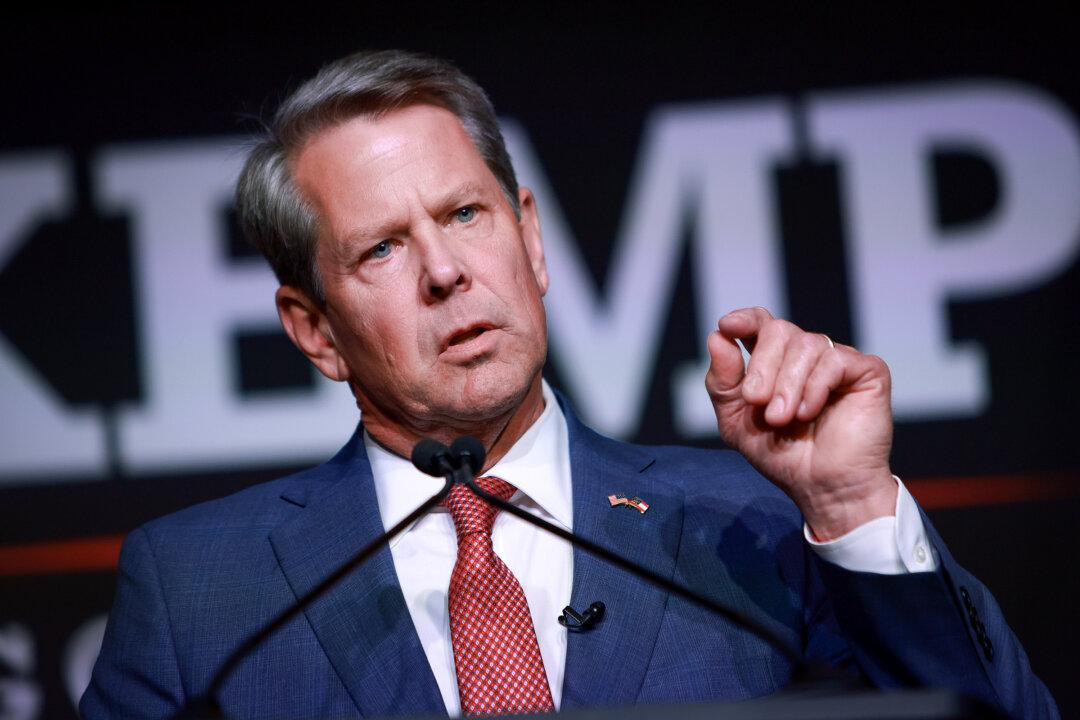Georgia’s attorney general said the state’s governor is not required to investigate members of the State Election Board amid ethics complaints over recent changes to election procedures.
Georgia law “does not mean that a citizen can simply submit information to the governor” and trigger a hearing, Attorney General Chris Carr wrote in a Sept. 6 opinion.





